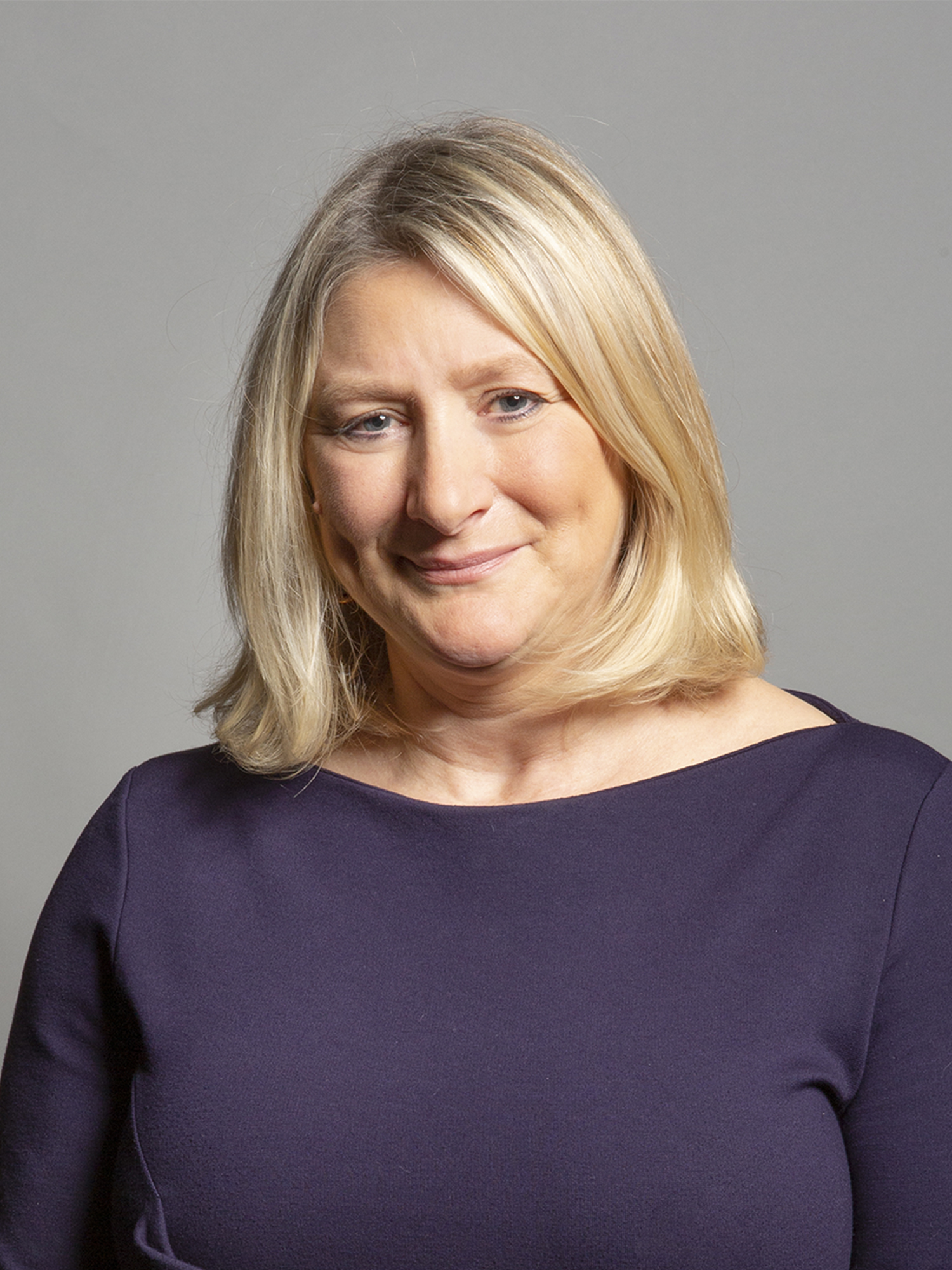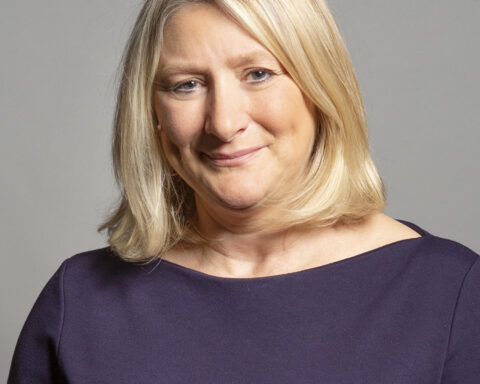There is a health emergency in the UK and it is becoming weightier by the year because of the huge amounts of ultra-processed food (UPF) we are eating.
This has been a concern of mine for many years because I have suffered from high blood pressure and I needed to change my eating habits. Recently it has come into the spotlight through the excellent work of doctor Chris Van Tulleken and others.
Many of my parliamentary colleagues feel the same and my debate on ultra-processed foods earlier this month received substantial interest and coverage.
In a nutshell, the food industry needs to stop promoting ultra-processed food and if they don’t stop, the government will have to step in.
Right now, the government needs to consider introducing TV advertising watershed to stop children seeing junk food promotions.
Any action we take is not about the nanny state telling everyone that they should eat. Having this type of food occasionally will do no harm. However, the volume we are consuming in the UK is fuelling an obesity epidemic that is killing people early and putting the NHS under even greater pressure.
UPF is the food that takes up half the average UK diet, with the largest consumption by children. It is food that is linked to heart, kidney and liver disease, cancer, depression and obesity. It is an underlying reason for many poor health outcomes. It is food that has been processed so much that it has little health value; the main ingredients include additives such as preservatives, emulsifiers, sweeteners, and artificial colours and flavours.
UPF tends to be high in fat, salt and sugar, and is highly addictive. It includes many favourites like pizza, ice cream, crisps, mass-produced bread, breakfast cereals, biscuits, carbonated drinks, fruit-flavoured yoghurts, pre-packaged meals, sausages and other reconstituted meat products. There are even some alcoholic drinks including whisky, gin and rum.
Our addiction means the UK is one of the biggest consumers per head of it in Europe. In England, 64% of adults and 40% of 10 to 11-year-olds are either obese or overweight.
This is simply staggering and we need to act. I am disappointed the government has dropped plans to ban multibuy offers on this food that dominates the shelves of our supermarkets. In fact, the food supply chain endorses and promotes products that are linked to serious health outcomes, marketing products for which the motivation is profit over health. The marketing and branding of ultra-processed food is relentless.
I am also acutely aware this food is often cheap and during cost-of-living pressures it saves money. But it has taken over our lives. We do not often consume it in moderation and this is the problem.
The key challenge is to get supermarkets to put healthy products on multi-buys, encourage a promotional spend shift to healthier food products and focus on making food more affordable.
In this I want to see the private sector lead by example, with manufacturers stepping up, taking responsibility, and stopping packaging and promotional techniques that lure customers towards ultra-processed food.
We cannot afford to delay. The obesity figures speak for themselves; the cost to the NHS speaks for itself.
I fear in the decades to come we will see UPF in similar terms to tobacco and wish we had acted sooner.
I do believe that interventions work. The impact of the ban on smoking cigarettes indoors in 2007 was estimated by the British Medical Journal to have led to 1,200 fewer hospital admissions for heart attacks in the year following the ban. In the three months after the ban, there was a 6.3% drop in the volume of cigarettes sold in England.
But it was decades after cigarettes were known to be a huge health risk that this happened. I believe similarities between UPFand smoking are impossible to ignore and we need to hurry down the same path.
I urge the food industry to get its house in order, or the government will need to intervene.
ENDS
Bio: Suzanne Webb is the MP for Stourbridge. She spent over 29 years in the supply chain business before becoming an MP in 2019.
She is currently the Parliamentary Private Secretary to the Secretary of State for Education.



